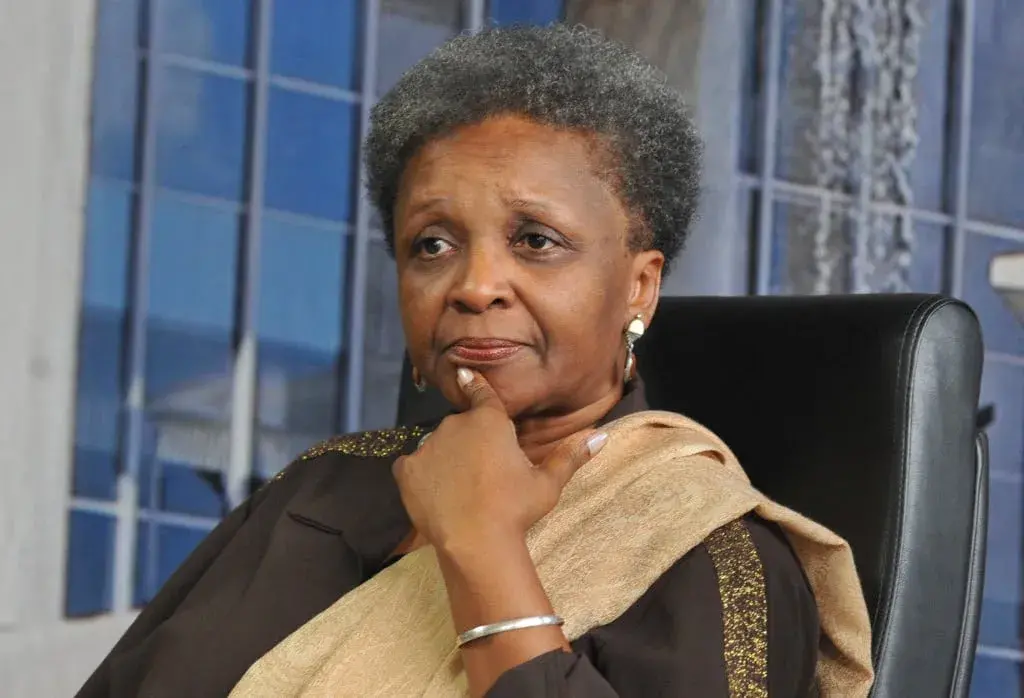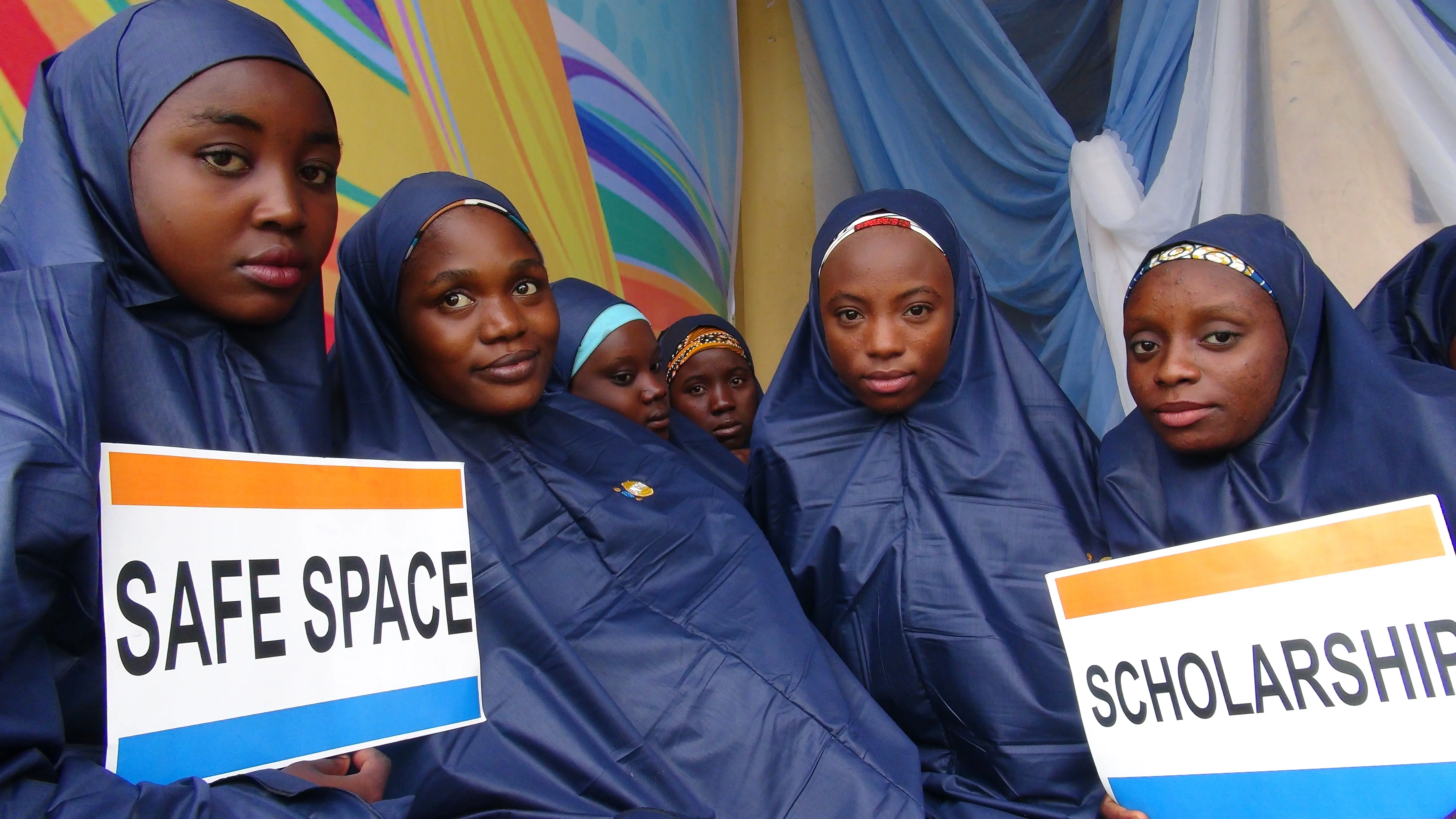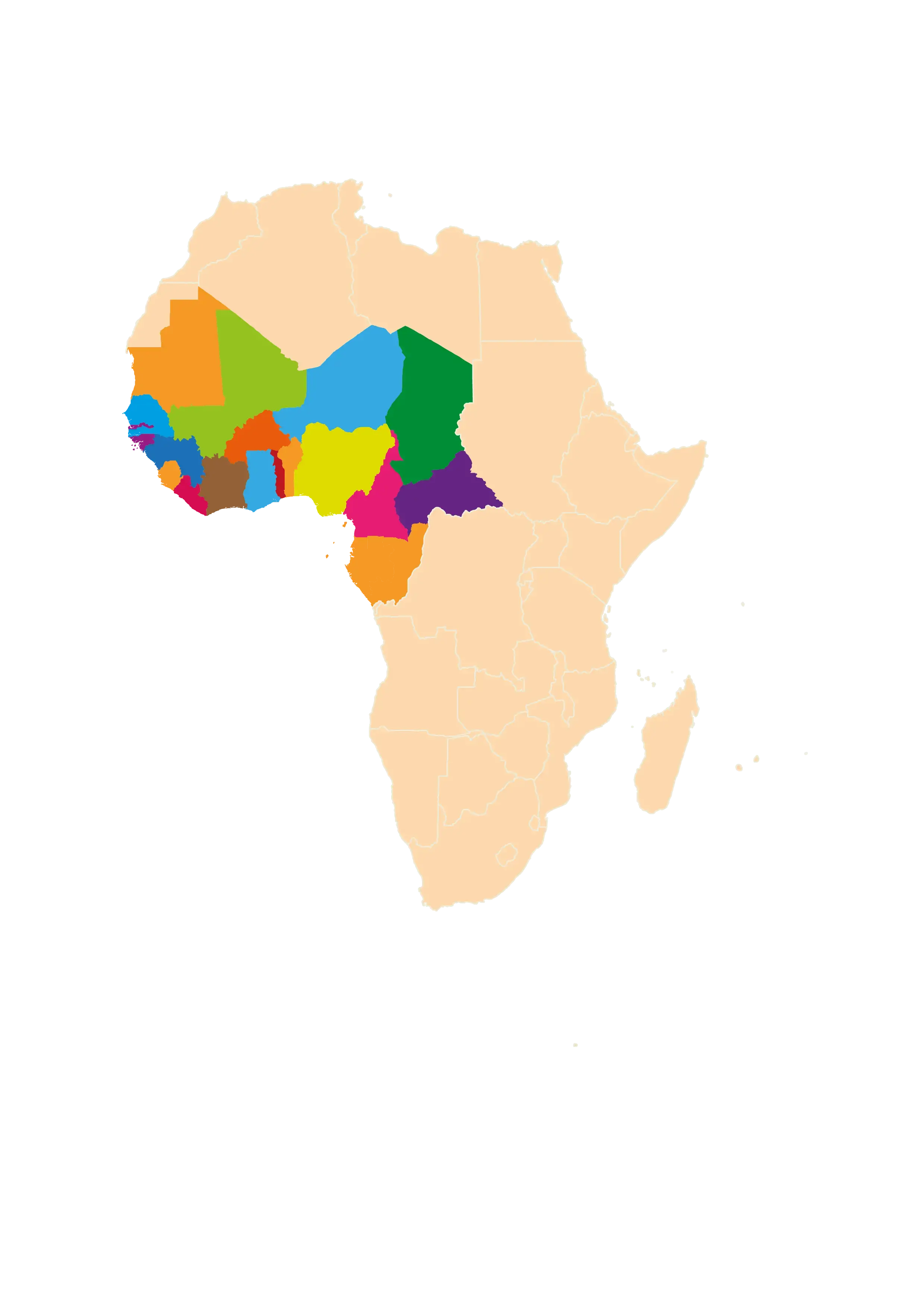The 3rd Conference of African Ministers responsible for Civil Registration organized by the African Union (AU) and the Economic Commission for Africa (UNECA), with the support of partners including UNFPA, the United Nations Population Fund, was held at Yamoussoukro (Côte d’Ivoire) from 9 to 13 February 2015. UNFPA reaffirmed its support to States in strengthening their civil registration and vital statistics system.
The 3rd Conference, which came after those of Addis Ababa in 2010 and Durban in 2012, began with a session bringing together more than 300 experts from African States, international institutions and civil society, from February 9 to 11. It ended with the meeting of Ministers responsible for civil registration on 12 and 13 February.
The ministers pledged to mobilize internal and external financial resources to strengthen civil registration systems. Moreover, they also recommended that Heads of State and Government of the African Union declare the decade 2015-2024, decade for repositioning civil registration and vital statistics in regional and national development agendas.
UNFPA reaffirmed its commitment to States, through the presence of a strong delegation led by the Deputy Regional Director for West and Central Africa, Mrs. Beatrice Mutali. UNFPA officials, who spoke on behalf of their organization, emphasized the need to declare births and register them, but especially to have good knowledge of the vital statistics in a country. More than an administrative formality, it is a matter of good governance and a ferment of development.
According to Mrs. Mutali, without women and children, this aspiration cannot be met. "The fact that children do not have identity has serious consequences for the country, because it does not have reliable statistics on this segment of the population for its development. It is difficult in these conditions for governments to make a good planning. The situation is similar for women. They are not registered during marriages." Consequently, in case of divorce or death, they are excluded from succession, she said.

Besides, women face maternal mortality, particularly high in Africa, which made UNFPA to invest in the sexual health of women and youth, as well as access to social services.
According to the Deputy Regional Director for West and Central Africa, it was in 1970 that UNFPA started its cooperation with African governments on the issue of vital statistics and civil registration.
Disastrous Situation
Relying on the United Nations 2014 report, Mr. Richmond Tiemoko, UNFPA Regional Advisor in population, noted that the situation relating to the declaration and registration of births and deaths is far from glowing. This report stipulates that «statistics on births and deaths are very limited and not regularly updated. Thus, out of 238 countries and areas covered, the most recent available data on live births go back four years or more for 146 countries (61%). For 35 countries, there are no available statistics on live births for the period 1998-2012. The availability of data on deaths (total) is similar. "As for marriages and divorces, the rates are lower and the statistics almost non-existent in Africa."
Women at a disadvantage
In a joint communication from UNFPA, UNECA and AUC, Mrs. Diop Ngone in charge of Gender at ECA, advocated for taking gender into account in the establishment of civil registration. Excluding women and children from its governance is to show "exclusion" and control at sight. In fact, "more than 80% of single women or not, in Africa, cannot register their children because they do not know where the civil registration services are. Even though they would like to, they are prevented by some constraints that require the signature of the father to register the birth of a child. When he is absent, this formality becomes difficult. It should be noted also that in many countries the basis for granting nationality to children is the nationality of the father ", she lamented.
Over 20 million unregistered children
On behalf of the African youth, Ms Beatrice Amoin Kouadio urged countries to effectively take young people into account in their development policy. For now, it is 20 million that do not exist, because they had not been reported to the registry. Young people are faced with lack of schooling, marriage and early pregnancy. "This prevents the realization of their potential and ultimately the chances of reaping the demographic dividen,", she added. If this expectation is not met, "children without legal identity will become youth facing constant challenges in their daily lives. They are likely to miss opportunities in education, health, employment, political participation and freedom of movement." As for the girls, "they will be trapped in a cycle of poverty and therefore most vulnerable to forced labor."
UNFPA on the ground in Côte d’Ivoire since 1990
In an interview, Mr. André Mayouya, former UNFPA resident representative, recalled the history of the action of UNFPA in civil registration in Côte d'Ivoire. The agency had diagnosed the weaknesses of the national system of registration of births and deaths and developed in the 90's a project for improvement of public awareness on the need to register every child and declare deaths. The civil registration system was then faced with difficulties: staff was not well trained; system poorly spread across the country and suffering from lack of documents, including deeds and civil registration registers, especially in rural areas. This project could not start because of socio-political problems, he said. "We hope that Côte d'Ivoire will benefit from all that has been done before and take advantage of new strategies to move towards improving its civil registration system", he hoped.





